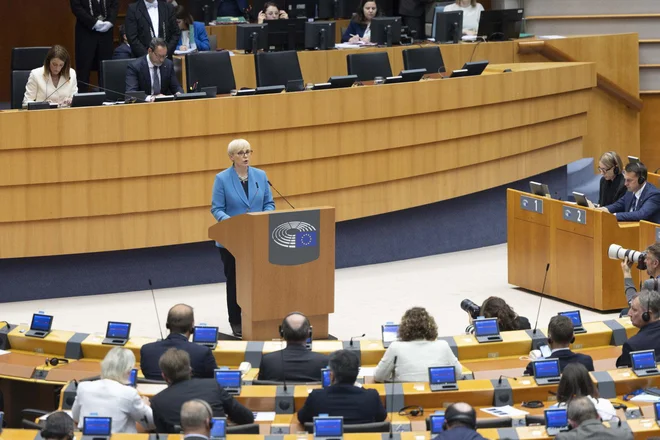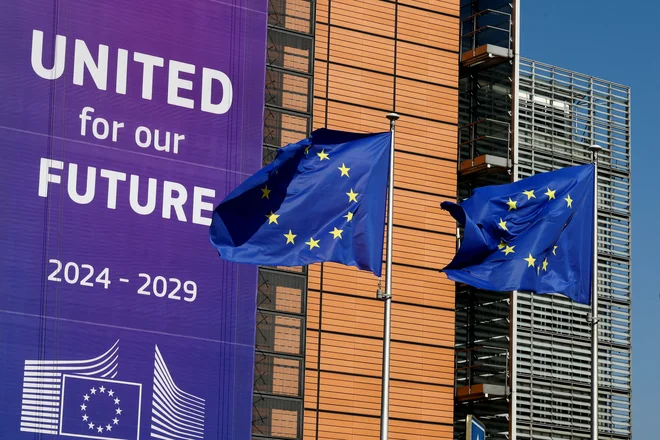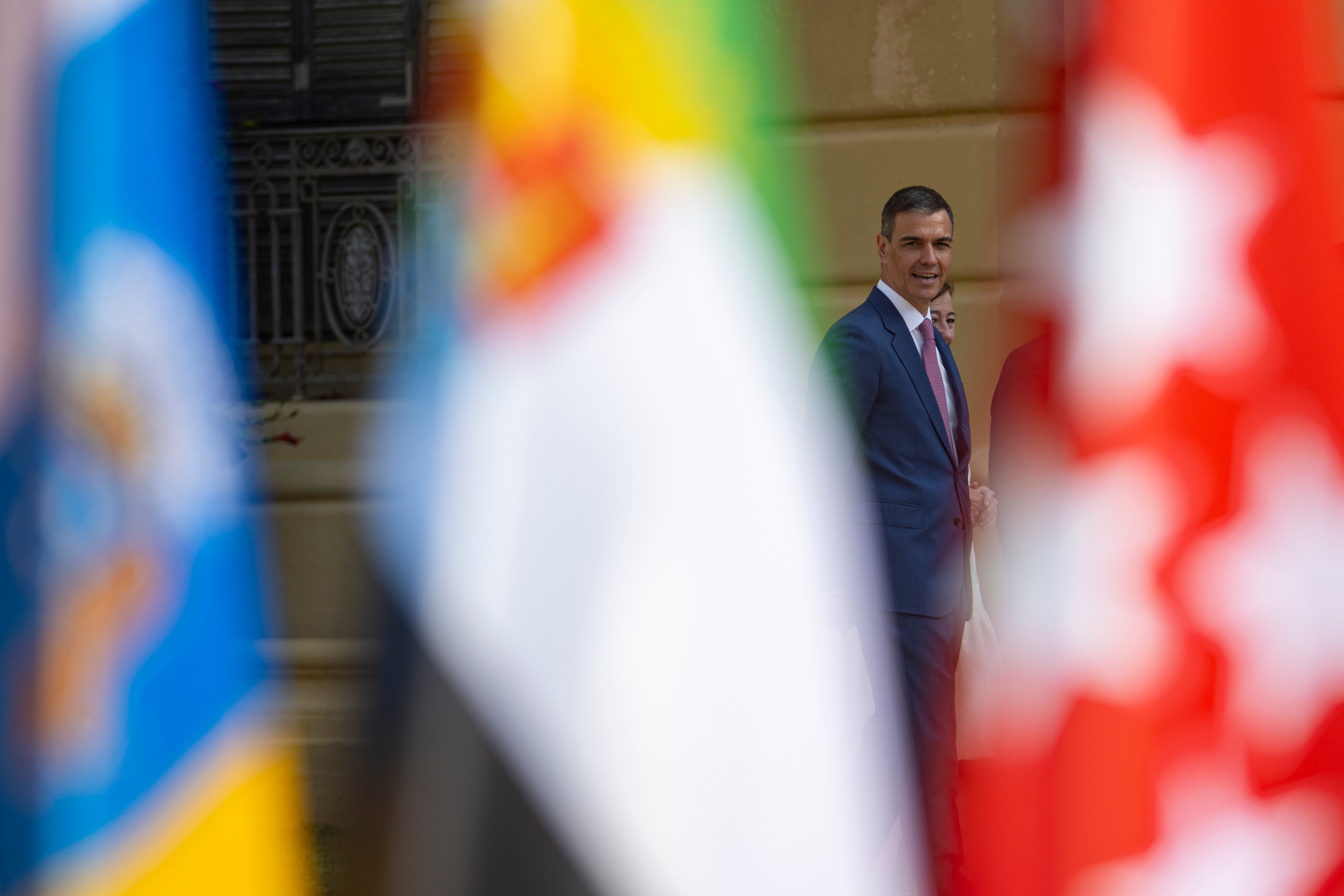Let us give us jokes and a statue of freedom

On the second April day, I found out among friends and acquaintances whether anyone had afforded them for the first of April. But we found out that the day went unnoticed by the day and that many are no longer a pleasure to get innocent jokes into a foreign account. Perhaps also because every day we listen to news that sounds like bad jokes, they are real.
Who would think that the US president would want to buy or even with military force to take Greenland to read with Putin, look at Europe, start a trade war and nab customs penguins, largely forgive. The list of dangerous and unreasonable moves is extended, so the day of the fools seems to last and last. Disappointment is strengthening, and it is not so strange that one of the French MEPs in the European Parliament requested: « Return to us a statue of freedom! » Once upon a time, such a call would sound like a first April joke, this is no longer the case today.
Social networks and artificial intelligence, which can be generated everything from innocent fraud to threats to world peace, have increased pressure on serious media. They have to defend the credibility and maintain the confidence of the readers, because without that their existence makes no sense. Even the first April jokes can be risky walking on the edge of trust in such a world, some people say. Journalist Ben Black from the Southern Hispen City of Cwmbran published a warning about the innocent prank these days, which has gripped well with the help of artificial intelligence. A few years ago, he published the news on the first of April that Cwmbran had enrolled in the Guinness Book of Records as a place with the largest number of roundabouts per square kilometer. He invented the number and statement of the locals and published the news. The locals were hawning, and he soon added the first Austrian explanation. After a few years, he accidentally found that Google AI was listing the information as real.
“The rise of social media has introduced a ‘different attitude’ between readers and printing, » BBC It is warned by Stuart Allan, a journalism and communication professor at the University of Cardiff. « We have become involved in the period of ‘fake news’ and misinformation, which is why the question of the trust is the central thought of the editors. » Therefore, it is no wonder that in the mere decade the number of first -April posts in the British media, partly in our country, was also in the fall as autumn foliage. Should I prefer to say than ripe spaghetti from a tree?
It is one of the most famous first -time pranks, which has not yet forgotten after almost seven decades. Trusted BBC published a report from the Swiss Ticin in 1957, where one of the families was monitored during the « harvest of spaghetti ». At the time, the Italian cuisine on the island was not so popular and the story fell on fertile ground. Last year, the Slovenian first -April joke also echoed in the world to offer the Grand Plaza Hotel at the auction, in which the famous Ronaldo slept.
Again this year, several unusual news has been rounded off. A photo came from the American National Park Yellowstone, featuring an opaque crowd of grizzlies and brown bears lying on the road and hindering the entry into the park. Some on the island, however, put a photo in a bad mood to erase the famous transition to Abbey Road, through which the Beatles walked on the album. Obviously, we will have to come to terms with the fact that the day of the fools can be every day.






